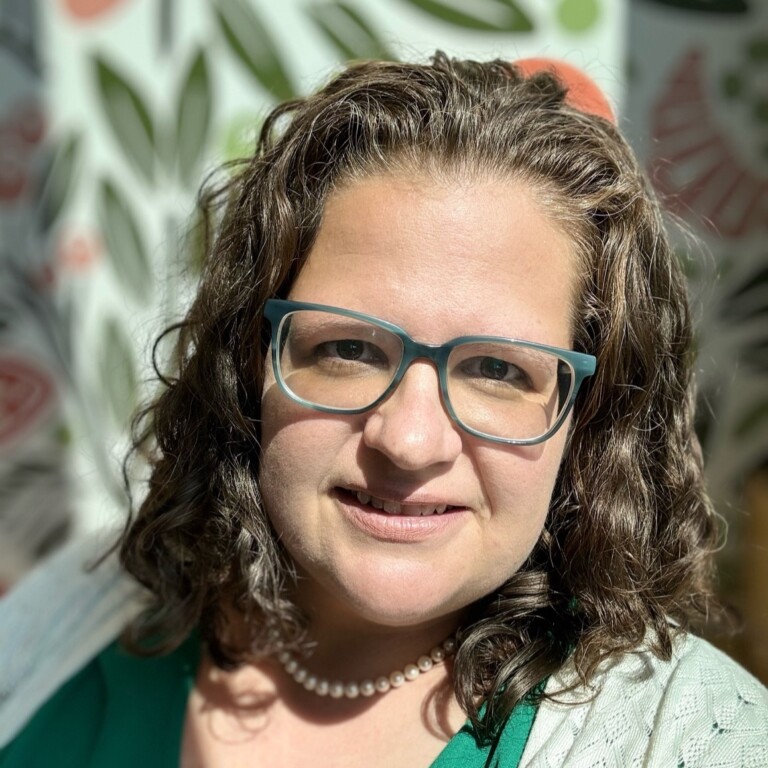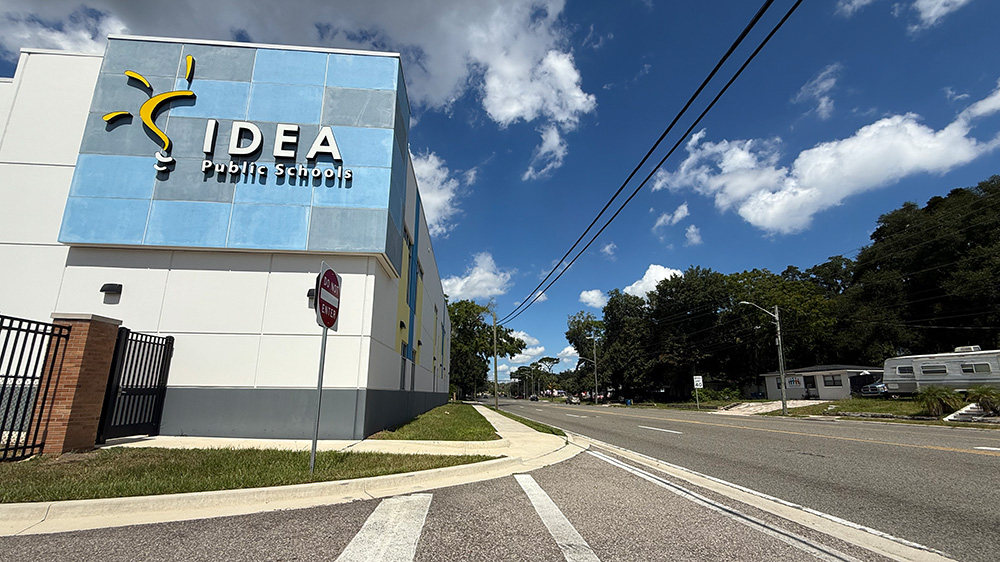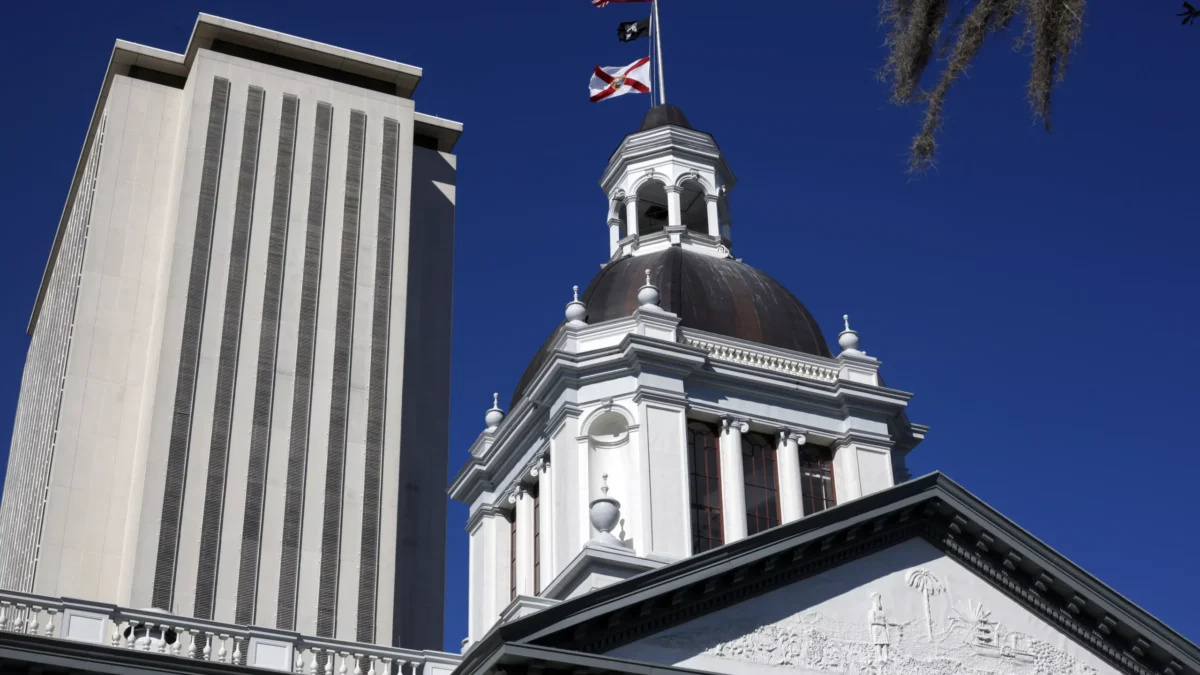A unanimous vote on charter schools by the state Board of Education last week could hinder Duval Schools’ efforts to save money through closing under-enrolled schools.
Districts must now let certain charter schools — termed “Schools of Hope” — move into vacant or underutilized district buildings for free — and in some cases, they must provide facility-related services like custodial, maintenance, food service and transportation if the school requests they do so.
The vote gave teeth to legislation Florida lawmakers passed this year meant to expand the reach of Schools of Hope, a special category of publicly funded, privately operated charter schools that provide another option for families zoned for traditional public schools that persistently underperform.
In the state’s most recent school grades, 23 Duval elementary schools were considered “persistently low-performing.” Some of those schools have since closed as part of the district’s effort to consolidate schools.
“This is another unfunded mandate that will gut our neighborhood schools,” Duval parent and public school advocate Katie Hathaway tells Jacksonville Today. “DCPS is facing consolidations and closures, while the state is opening our doors to private operators to use district services.”
Duval Schools spokesperson Laureen Ricks tells Jacksonville Today it’s “still too early to calculate what impact the Board of Education decision may have on traditional public schools” in Jacksonville.
That’s as the Duval School Board is set to vote next week to declare four recently closed elementary schools as surplus, allowing their buildings to eventually be listed for sale: Kings Trail, R.V. Daniels, Susie E. Tolbert and Annie R. Morgan. They were among several school closures the board approved last year, which were estimated to save the district about $3.3 million as it was looking to close a roughly $100 million budget gap.
The district is discussing additional closures for the end of this school year.
Duval’s ‘Schools of Hope’
Backed by $140 million of state funding, legislators created the Schools of Hope program in 2017. At first, the money was split between traditional public schools and charter schools. In the first year of the program, Duval Schools applied for but did not receive Schools of Hope funding for a handful of neighborhood schools, including Arlington Heights Elementary, which is less than 2 miles from IDEA River Bluff, a School of Hope.
Now, Florida gives Schools of Hope money only to charter schools operated by a set of approved vendors.
In Duval County, the authorized operator is Texas-based IDEA Public Schools. Two IDEA schools operate in Jacksonville, with a third under construction. IDEA functions similar to a school district, in that it reports test scores directly to the state of Florida and receives school-level and overall grades. This year, when the Duval school district received an overall A grade for the first time, both Duval IDEA schools earned C’s.
A spokesperson for IDEA Public Schools declined to comment for this story.
At the Board of Education meeting last week, public commenters urged the board to vote against the changes to the Schools of Hope program. One person called Schools of Hope “parasitic” to the state’s traditional public schools.
“I don’t understand the models of Schools of Hope,” the commenter said. “As a former business person, I think about how this would work in the real world. To me, it would be like asking Home Depot to give Lowe’s space in their store and pay all of their infrastructure costs. It just does not make sense to me.”
During discussion before the vote, two board members took issue with the commenter’s characterization of Schools of Hope.
“Schools of Hope wouldn’t be necessary if our public school system had done its job along the way,” said Board of Education Vice Chair Esther Byrd, who lives in Neptune Beach.
Board member Daniel Foganholi, who Gov. Ron DeSantis appointed to the Broward County School Board in 2022 and then in 2024 to the state board, said that in his experience, Title 1 Schools [which receive federal funding to serve low-income students] accept “any help possible,” and he took “offense” at the insinuation that Schools of Hope are parasitic.
“I don’t care if it’s charter, public, private — if it’s best for children and going to give a child an opportunity, we should be about that,” Foganholi said.







